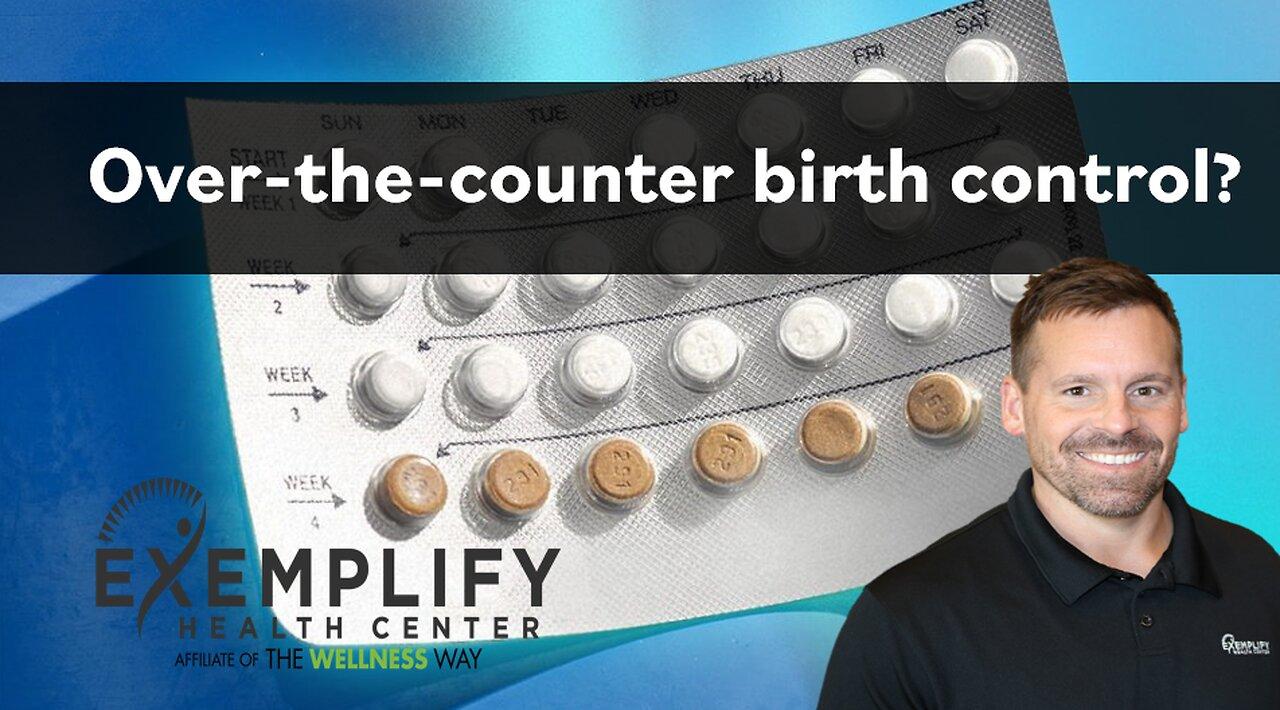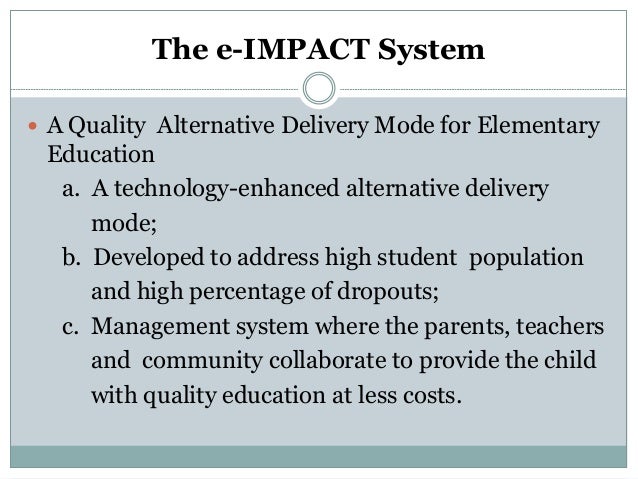The Future Of Family Planning: Exploring Over-the-Counter Birth Control Post-Roe

Table of Contents
Increased Accessibility and its Impact
Increased access to over-the-counter birth control methods has the potential to revolutionize family planning in the US. This accessibility would significantly impact various demographics and aspects of reproductive healthcare.
Improved Access for Underserved Communities
For underserved communities, the shift to OTC birth control could be transformative. Many individuals in rural areas, low-income brackets, and minority groups face significant barriers to accessing healthcare, including: limited transportation, long wait times for appointments, and high costs associated with doctor visits and prescriptions. OTC birth control could alleviate these challenges.
- Reduced reliance on appointments and transportation: No more scheduling appointments and arranging transportation to clinics, potentially saving valuable time and resources.
- Elimination of costs associated with doctor visits and prescriptions: Lowering financial barriers significantly improves access for those with limited financial means. This is particularly crucial for consistent contraceptive use, which can be expensive over time.
- Increased privacy and confidentiality: Purchasing OTC birth control offers greater privacy compared to seeking prescriptions, particularly important for sensitive reproductive health matters.
Empowerment and Self-Determination
Wider availability of OTC birth control empowers individuals to take control of their reproductive health. This translates to increased autonomy in making informed decisions about their bodies and futures.
- Greater control over family planning: Individuals gain the ability to choose the timing and spacing of pregnancies without relying on the availability of healthcare providers or appointments.
- Reduced reliance on healthcare providers for contraception: This allows for more proactive management of reproductive health, especially valuable for individuals in areas with limited healthcare resources.
- Increased ability to plan pregnancies effectively: This can significantly reduce rates of unintended pregnancies, leading to better health outcomes for both parents and children.
Potential Challenges and Concerns
While the benefits of OTC birth control are substantial, potential challenges must be addressed to ensure safe and responsible use.
Misinformation and Misuse
Increased accessibility raises concerns about the potential for misuse and the spread of misinformation regarding OTC birth control options. Addressing this requires a multi-pronged approach.
- The need for comprehensive sex education programs in schools and communities: Education is key to promoting informed decision-making and responsible contraceptive use. These programs should include accurate information about different methods, potential side effects, and proper usage.
- The role of accessible, accurate online resources: Reliable, easily accessible online resources are needed to combat misinformation and provide credible information about OTC birth control.
- The importance of clear and concise labeling on OTC products: Clear, understandable labeling on OTC birth control products is crucial to ensure safe and effective use, minimizing the potential for mistakes.
Potential Impact on Healthcare Providers
The shift towards OTC birth control may require adjustments in the roles and responsibilities of healthcare professionals.
- Increased demand for counseling and education services: Healthcare providers may see an increase in demand for counseling on choosing appropriate methods, addressing concerns, and providing support.
- Potential shift in focus towards managing complex reproductive health issues: With easier access to basic contraception, healthcare providers can focus more on managing complex reproductive health concerns, such as infertility or sexually transmitted infections.
- The need for ongoing professional development and training: Healthcare providers will need ongoing training to stay up-to-date on the latest advancements in contraception and to effectively address patient concerns regarding OTC birth control options.
The Regulatory Landscape and Future Outlook
The future of OTC birth control hinges on regulatory frameworks and policies surrounding its accessibility and affordability.
FDA Approval and Regulation
The FDA plays a crucial role in ensuring both the safety and efficacy of OTC birth control. This involves rigorous review processes for various contraceptive methods.
- Rigorous testing and approval processes for OTC birth control options: The FDA must maintain stringent testing standards to ensure the safety and effectiveness of OTC birth control.
- Clear guidelines on labeling, usage, and potential side effects: Clear, concise, and easy-to-understand labeling is crucial for safe and effective use.
- Ongoing monitoring and evaluation of OTC birth control efficacy and safety: Post-market surveillance is essential to track the long-term safety and effectiveness of OTC birth control methods.
The Role of Insurance Coverage
Insurance coverage significantly influences the affordability and accessibility of OTC birth control for many.
- Advocacy for the inclusion of OTC birth control in insurance plans: Advocacy is necessary to ensure that OTC birth control is covered by insurance plans, making it affordable for a wider range of individuals.
- Impact of different insurance models on affordability: Different insurance models will impact the affordability of OTC birth control; ensuring equitable access across various plans is vital.
- The need for transparent and equitable policies: Transparent and equitable policies are crucial to ensure that all individuals have access to affordable OTC birth control, regardless of their insurance coverage.
Conclusion
The future of family planning in a post-Roe America is inextricably linked to the increased availability of over-the-counter birth control. While the potential benefits of improved access, empowerment, and reduced healthcare disparities are significant, careful consideration of challenges such as misinformation and the evolving roles of healthcare providers is crucial. The FDA's regulatory oversight and the establishment of clear guidelines on insurance coverage will shape the success of this shift. Moving forward, a comprehensive approach that emphasizes education, accessibility, and equitable access is vital to ensuring that everyone has the opportunity to make informed choices about their reproductive health and practice safe and effective family planning with over-the-counter birth control. Let's work together to advocate for responsible and accessible over-the-counter birth control options for all.

Featured Posts
-
 Taylor Swift Sues Kanye West Over Explicit Allegations
May 27, 2025
Taylor Swift Sues Kanye West Over Explicit Allegations
May 27, 2025 -
 Novye Postavki Patriot V Ukrainu Zayavlenie Ministra Oborony Frg
May 27, 2025
Novye Postavki Patriot V Ukrainu Zayavlenie Ministra Oborony Frg
May 27, 2025 -
 Travel Loyalty Points Strategies For A Slow Travel Market
May 27, 2025
Travel Loyalty Points Strategies For A Slow Travel Market
May 27, 2025 -
 Watch Spending Balancing Value And Investment
May 27, 2025
Watch Spending Balancing Value And Investment
May 27, 2025 -
 Alternative Delivery Services Thrive Amidst Canada Post Challenges
May 27, 2025
Alternative Delivery Services Thrive Amidst Canada Post Challenges
May 27, 2025
